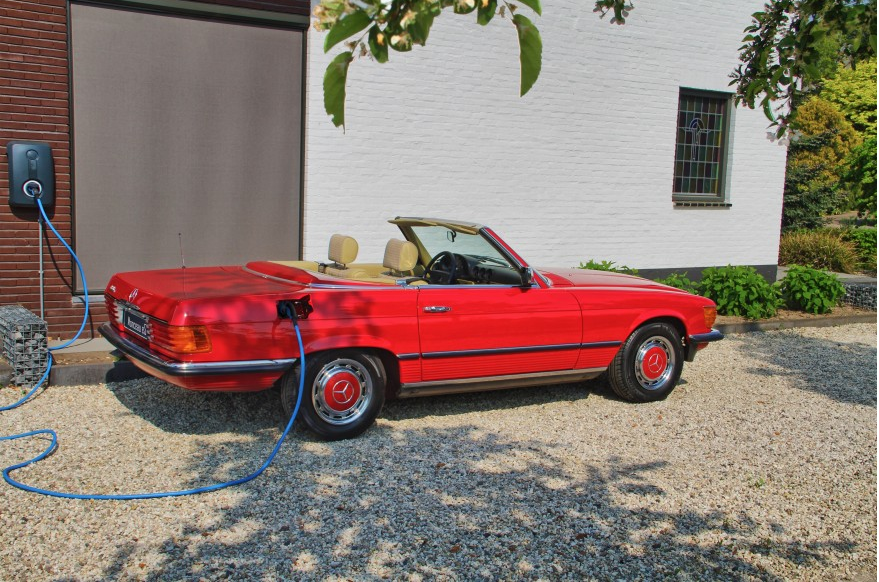
Belgium’s legal framework to retrofit ICE cars to electric is ready

Belgian start-up Monceau Automobiles in Hasselt is converting classic Mercedes SL roadsters in a state-of-the-art zero-emission electric sports car /Monceau Automobiles
After France created a legal framework for retrofitting vehicles with an internal combustion engine (ICE) into an electrical (or hydrogen) E


Comments
Ready to join the conversation?
You must be an active subscriber to leave a comment.
Subscribe Today